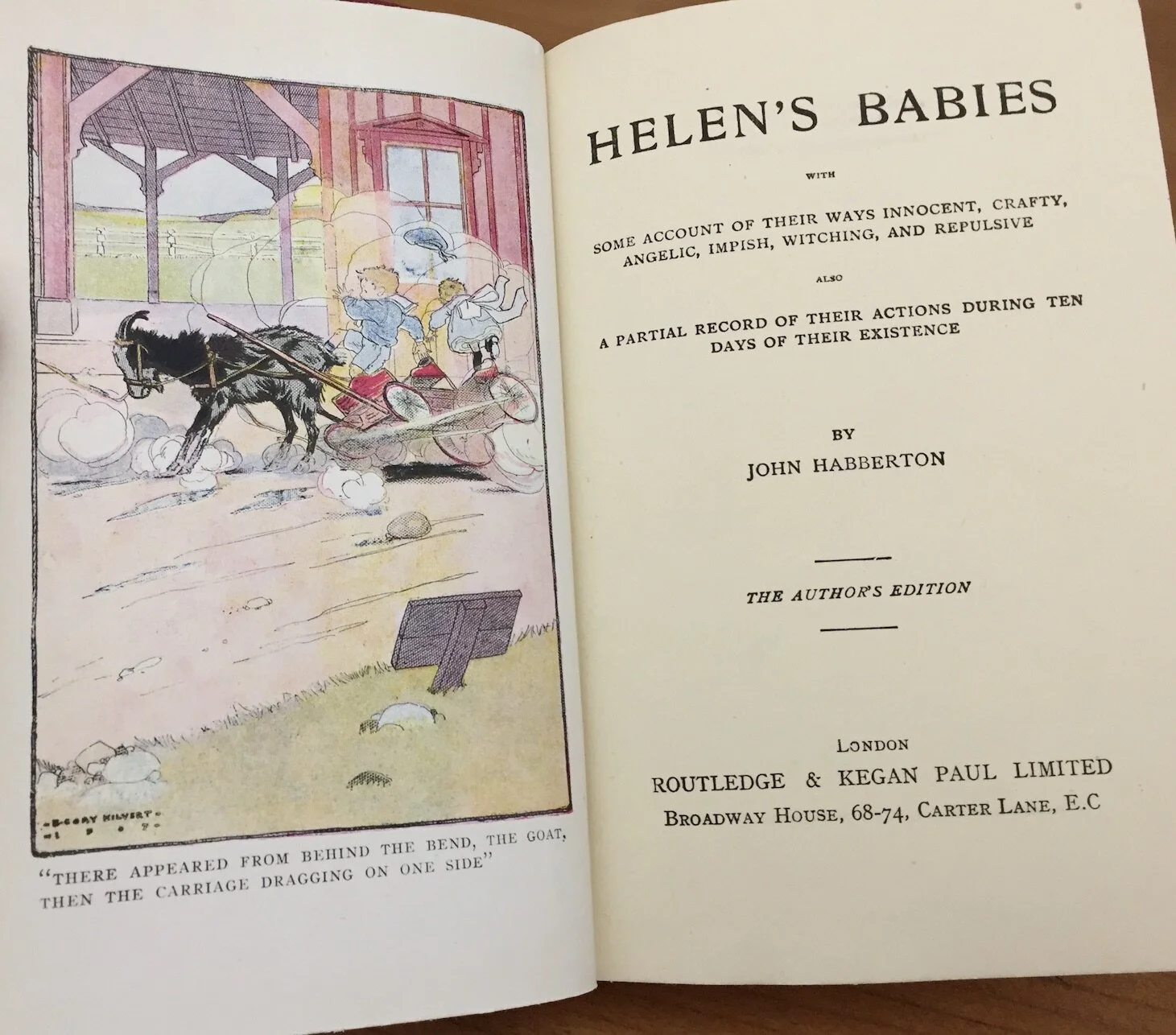Elise Zerzawy was Paul’s step-mother. His father Julius’s was twice a widower, having married two of Helene’s older sisters. Julius married again in 1921 when Paul and his brother Robert were in their 20s. By then, three of their siblings had passed away and they were the only surviving children. Elise was a widow with at least one child of her own, Fritz Orlik. Elise was writing from Poděbrady which had been a spa town in the Central Bohemia, now the Czech Republic. Julius died in 1939. Fritz and his wife Hanne moved to Palestine in 1939. We saw a letter from Fritz on January 25.
Poděbrady, 10 February 1940
Dear Paul!
Both of your cards are lying in front of me. The first one from September 26th 1939, the other from the 4th of November. The card I received today came by way of Prague and I do not want to lose any time to immediately give you some news. I answered the first card immediately by air mail, but meanwhile I have not received your answer. From Robert I know that you are in Frisco. It is a comfort for me to know that your relatives are helpful to you. Also, the climate there should be better for your health. I have good reports from Robert about his well-being. I am glad that Robert is seeking the opportunity to get together more often with Annie and Doris. Both girls for now are happy with their jobs. From Aunt Marie and Hila I received a letter a few days ago from Nervi [perhaps in Italy?]. Aunt knows already of the passing of dear Papa.—There is not much to say about us. We are healthy. In our life, nothing has changed. We get together more often with the Schauers. This is our only distraction/entertainment. I have not heard anything from Fritz and Hanne since November. I only know indirectly that they are still living with Fritz P [in Palestine] and from there are trying to eke out an existence. With the continuing influx of strangers, the fight for survival will be very difficult. Especially when there are only very modest means available. I can barely await the time when I know that all of you are at least halfway satisfied. – You will be happy I am sure that the Rosenbergers will come here despite the grim cold weather. They are coming for Yahrzeitstag to visit the grave [the anniversary of Julius Zerzawy’s death when in Jewish tradition the headstone will be placed]. Their son Paul has already landed in P [Palestine?]. – On Christmas, the Schauers were with us and a week later on the 2nd of January we were in Prague. Hopefully you will receive this card and I will be very happy if I receive a detailed letter soon. For today my heartfelt greetings.
Mama
To the unknown relatives, my best wishes. I should give you greetings from Marianne. She makes a lot of effort to make my life more pleasant to help me bear it better.
You can see that Elise has many of the same complaints we’ve heard from Helene: the dearth of mail and length of time it took for what mail there was to arrive, the bitter cold winter, the more confined nature of her life. On top of that, she was recently widowed and her son and step-sons were scattered across the globe and unable to be of comfort or assistance.
I only recently was able to get this card translated. Although it was written long after World War I, Elise writes in the old German script that few people can decipher nowadays. When I first found this letter, I didn’t actually know who Elise was. Fortunately, by the time Amei translated this letter, I understood where she fit in the family constellation.
Elise perished in Theresienstadt (Terezín).





































